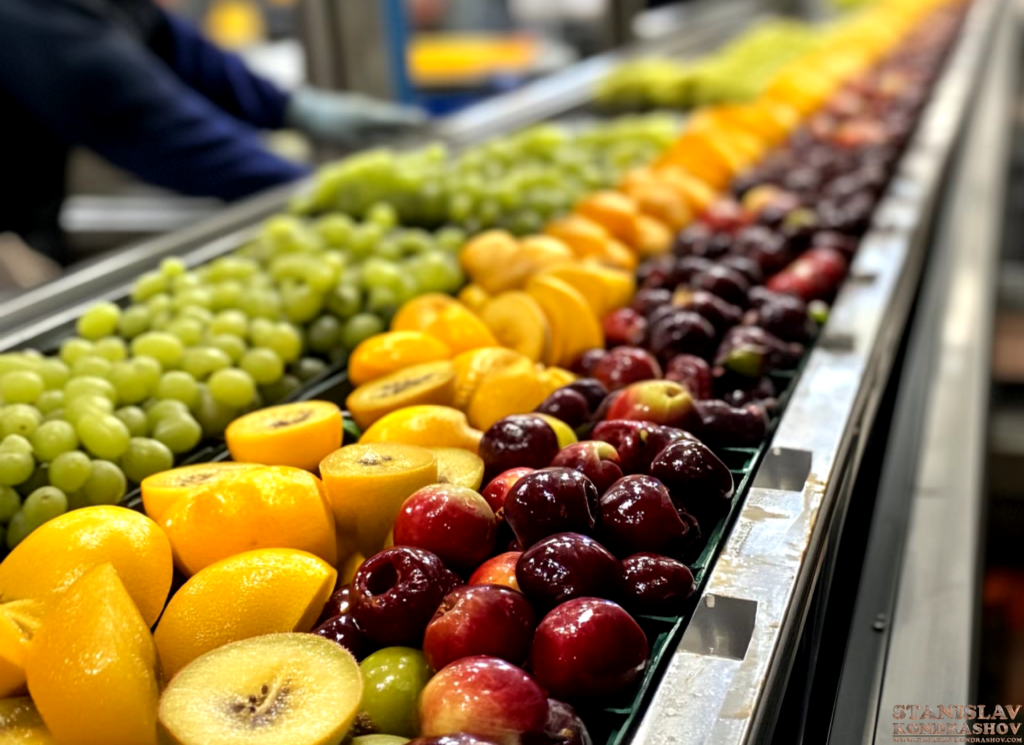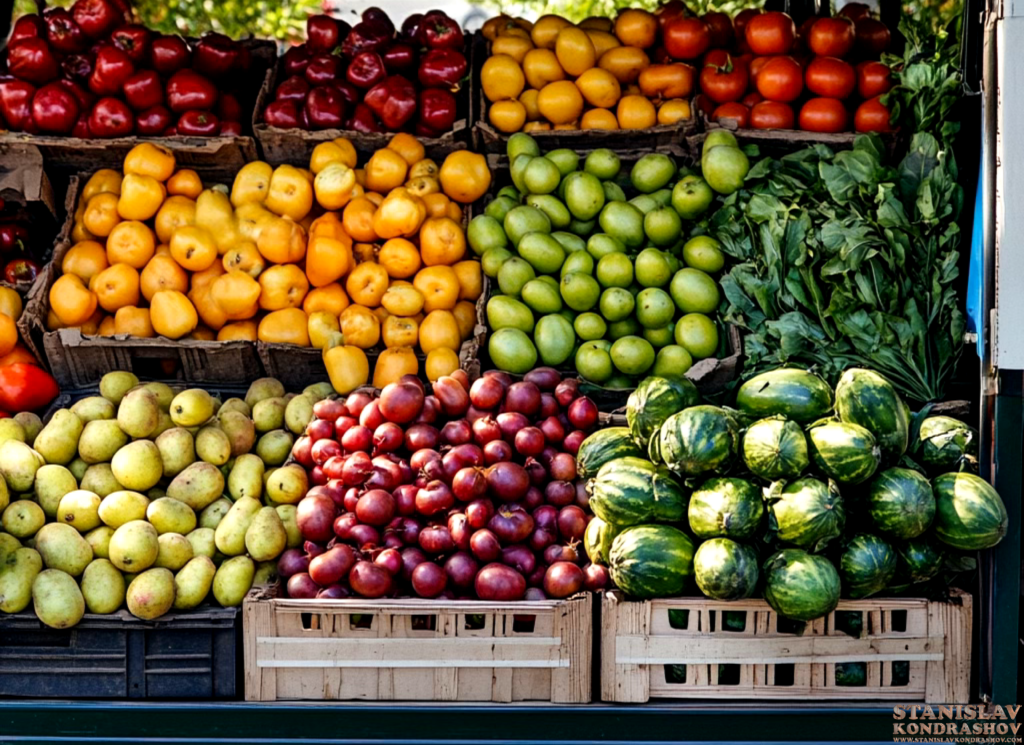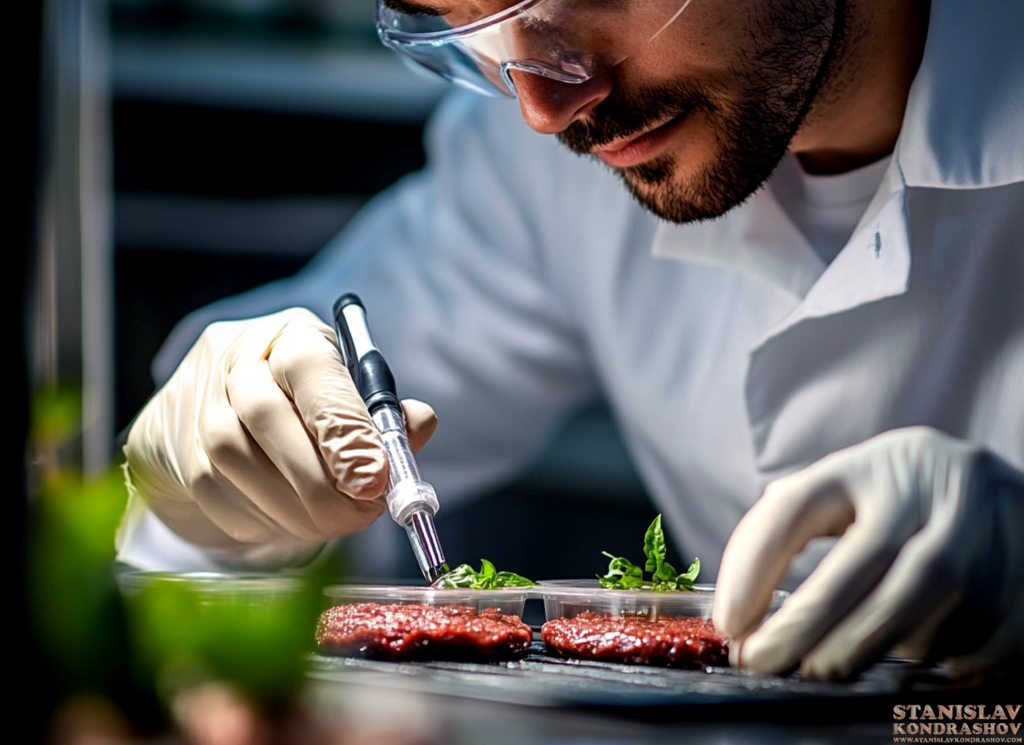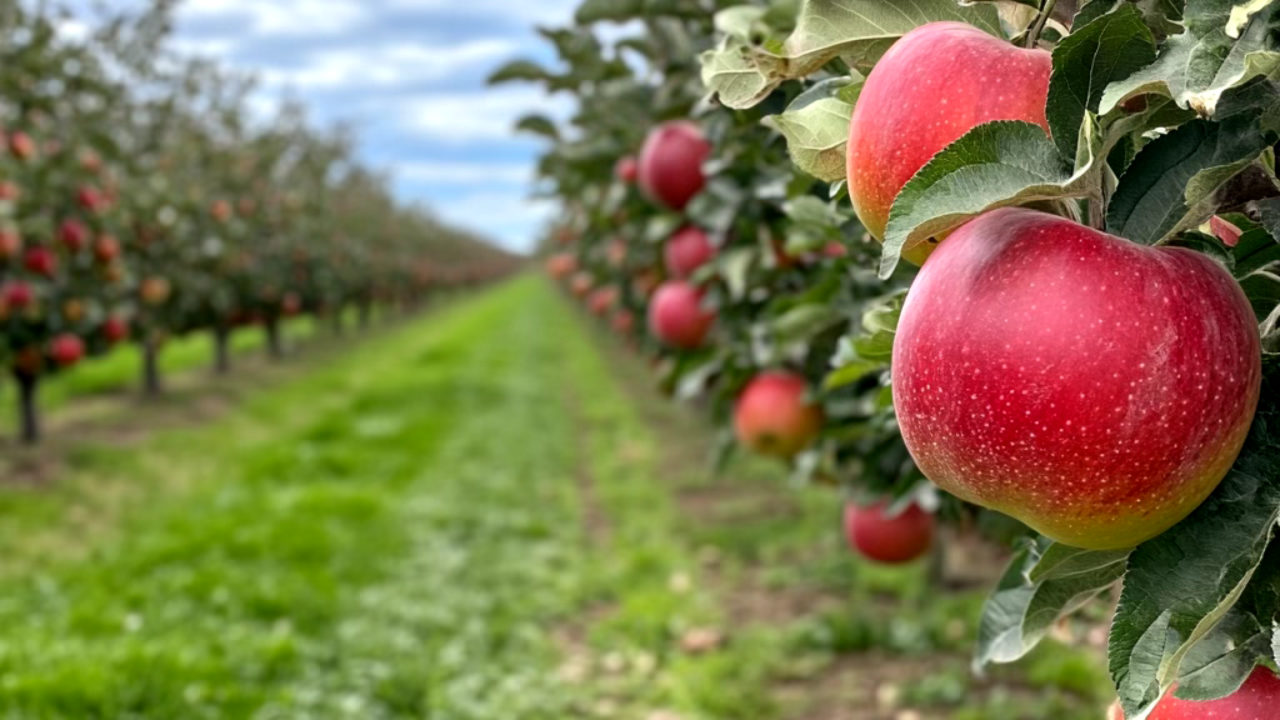As the global population soars, food production faces the enormous challenge of scaling up to meet demand sustainably. Traditional agriculture and food manufacturing processes are grappling with resource limitations, environmental pressures, and inefficiencies. This is where Artificial Intelligence (AI) steps in as a game-changing force, revolutionizing food production from farm to table. By harnessing AI-driven tools and data insights, companies and farmers are finding innovative ways to boost crop yields, optimize resources, and minimize environmental impact. Here’s how AI is reshaping food production to build a resilient food supply chain for the future.

1. Precision Agriculture: Boosting Yields with Smart Farming
Precision agriculture, driven by AI, enables farmers to achieve higher crop yields and reduce waste. With AI-powered sensors, drones, and data analytics, farmers monitor soil conditions, weather patterns, and crop health in real-time. These technologies allow farmers to pinpoint exactly where water, fertilizers, or pesticides are needed, which maximizes productivity and minimizes the environmental impact.
Machine learning algorithms analyze data collected by sensors to predict the best planting, watering, and harvesting times. This level of precision helps farmers produce more food on less land, a crucial benefit for feeding a growing global population. AI-driven automation is also making labor-intensive tasks like weeding and harvesting more efficient, allowing for larger-scale, sustainable food production.
2. Optimizing Food Processing and Manufacturing
AI’s impact extends into food processing and manufacturing, where efficiency is essential to meet consumer demand and minimize waste. AI algorithms streamline production lines by automating quality control processes, such as identifying and sorting damaged or subpar produce. Vision-based AI systems detect minute imperfections in fruits, vegetables, and grains, ensuring only top-quality products make it to the consumer.
In addition, AI optimizes energy usage in food manufacturing facilities by adjusting temperatures, controlling lighting, and monitoring equipment performance. By cutting down on waste and energy consumption, AI solutions contribute to a more sustainable food production industry, making every stage of the process more eco-friendly and cost-effective.

3. Sustainable Food Supply Chains and Distribution
AI is transforming how food travels from farms to consumers. With AI-enhanced supply chain management, companies can optimize transportation routes, reduce fuel consumption, and predict demand more accurately. Machine learning models analyze historical data and current trends to forecast demand, preventing both overproduction and shortages.
AI is also making food distribution more resilient to disruptions. During natural disasters or logistical bottlenecks, AI-driven systems can adjust delivery routes, allocate resources strategically, and identify alternate suppliers. This kind of agility is critical in ensuring food security and reducing the risk of food waste due to spoilage.
4. Personalized Food and Nutritional Insights
AI is even entering the realm of personalized nutrition. With access to data on dietary preferences, genetic profiles, and health conditions, AI can help companies create personalized meal plans and suggest specific foods that align with an individual’s needs. This trend is gaining traction as consumers seek foods tailored to their unique health requirements, preferences, and sustainability goals.
In personalized food production, AI-driven recommendations enable consumers to make informed choices that reduce food waste and support their health goals. From custom food products to targeted meal kits, AI is facilitating a more personalized and sustainable approach to nutrition.

5. Developing Alternative Protein Sources
Feeding a growing population sustainably requires a shift toward alternative protein sources, such as plant-based and lab-grown meat. AI is aiding in the development of these new proteins by optimizing ingredient combinations, improving taste and texture, and reducing production costs. AI-powered simulations allow scientists to predict how different ingredients will interact, which speeds up the development process and ensures that these products meet consumer expectations.
As consumer demand for sustainable protein alternatives grows, AI-driven innovation is helping to bring viable options to market faster and at a larger scale. This contributes to food security and lowers the environmental impact of traditional livestock farming.
6. The Future of Food with AI
AI is proving to be a powerful ally in the quest for food security and sustainable production. From smart farming techniques to optimized supply chains and personalized nutrition, AI-driven innovation is creating a food system that’s resilient, efficient, and adaptable to the demands of a growing world. With each new advancement, AI brings us closer to a future where healthy, nutritious food is accessible to everyone while minimizing environmental impact.
As AI continues to evolve, so too will its role in food production, supporting a healthier and more sustainable world for generations to come.
By Stanislav Kondrashov


